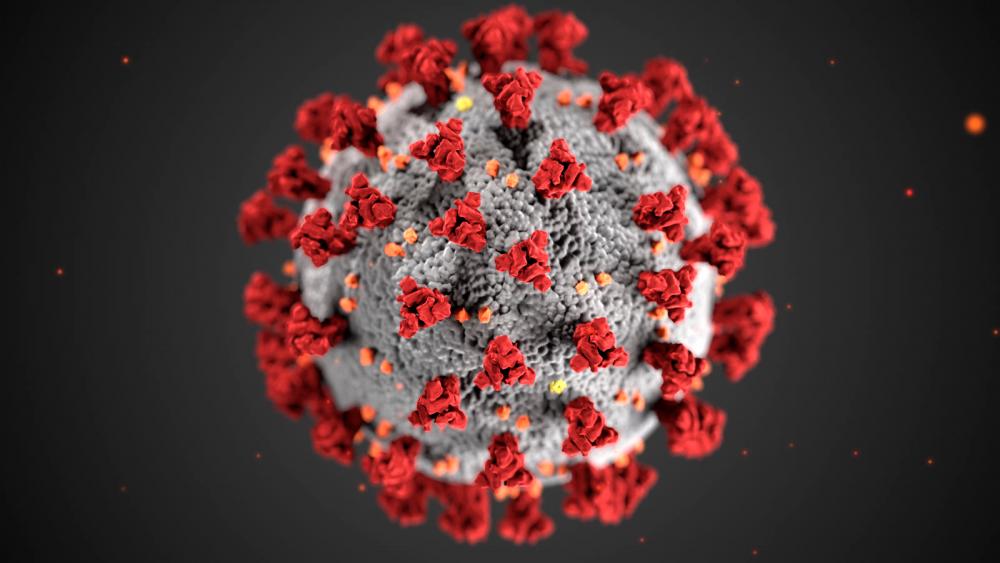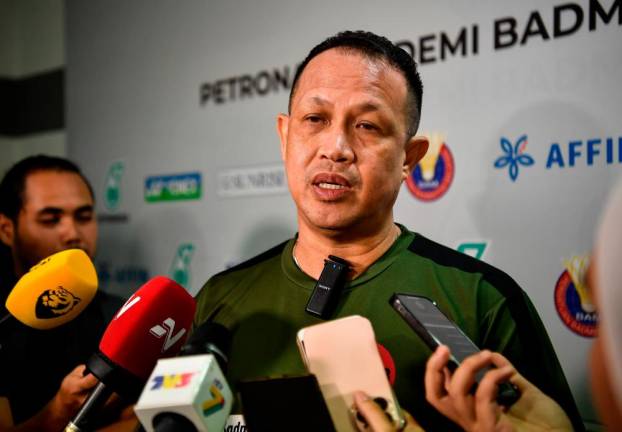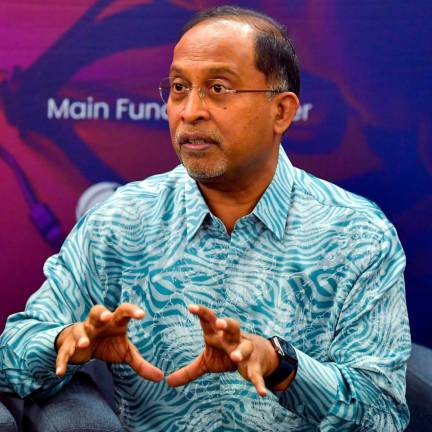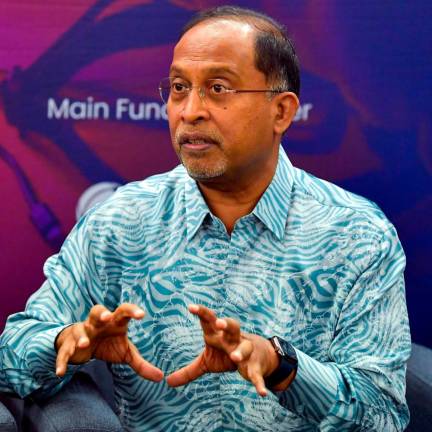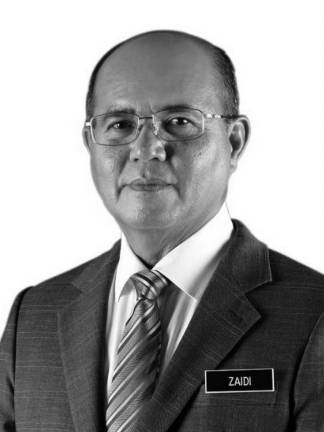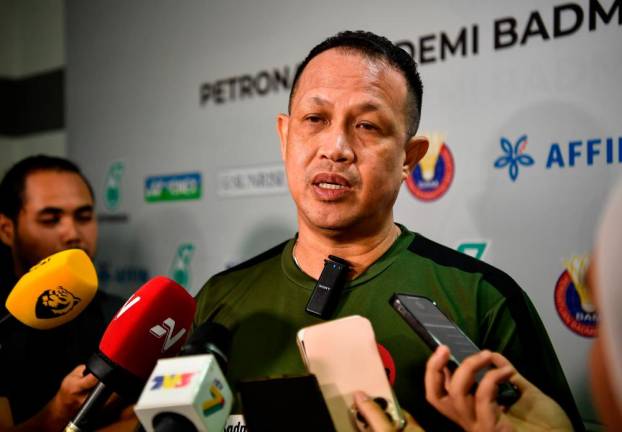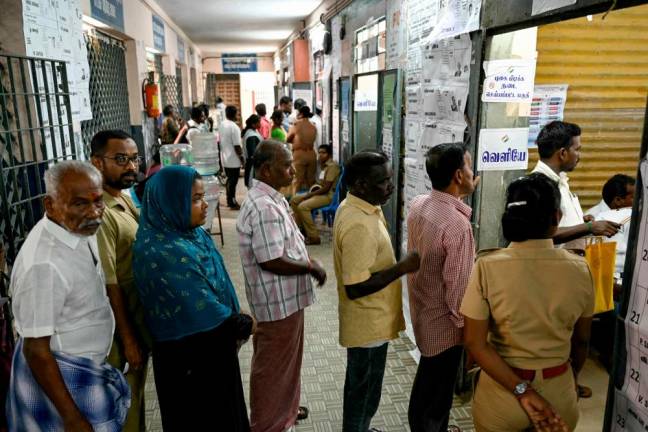PETALING JAYA: While the world is still grappling with Covid-19, a health expert has cautioned that new variants of the virus could result in reinfections, although such cases are still rare.
This comes after Singapore detected its first case of reinfection involving a migrant worker who tested positive for Covid on Jan 25.
The Bangladeshi worker had tested positive on April 12 last year, but subsequently tested negative from June onwards.
Epidemiologist Prof Datuk Dr Awang Bulgiba Awang Mahmud, who is head of the Science, Technology and Innovation Ministry’s Independent Covid-19 Vaccination Advisory Committee, told theSun that Covid reinfections have been documented in other countries.
“In Belgium, a patient who tested positive in March 2020 was confirmed to be positive for a different variant three months later. In the US, a patient who was infected in April last year was reinfected at the end of May by a different variant,” he said yesterday.
Awang Bulgiba added that other cases included a patient in Hong Kong who tested positive for a different variant 142 days after a first positive polymerase chain reaction screening.
According to a Covid-19 reinfection tracker, there were 47 reinfection cases from August 2020 to January 2021 in Hong Kong, the Netherlands, United States, Ecuador, India, Qatar, Belgium, Spain, Sweden, Brazil, Mexico, Peru, Israel and the UK.
Of these cases, there were two deaths while 40 recovered.
The tracker also recorded that the average interval between both infections was 85 days.
Awang Bulgiba said vaccines will not totally eliminate reinfection if the patient is exposed to a different variant which the vaccine was not designed for.
“Vaccines may reduce the risk of reinfection if the neutralising antibodies induced by the vaccine work fully or even partially against the newer variant. There is a lot of research going into determining whether the current approved vaccines are protective against the newer variants like the B.1.1.7 from the UK, 501.V2 from South Africa, P.1 and P.2 from Brazil and L452R from Denmark.”
He urged Malaysians who have tested positive for Covid-19 to follow all safety measures such as wearing a mask, practising physical distancing and frequent washing of hands.
He said they could also be vaccinated later as antibody protection is likely to wane six to eight months post-infection.
Awang Bulgiba added that while there is not much data on reinfection in Malaysia, the authorities should look out for it in view of the proliferation of new variants which may result in reinfections.
“I would strongly suggest virus genome sequencing be done for every case of reinfection. This will give us an indication on whether a newer variant is responsible for the reinfection and to assess the effectiveness of the vaccines we are going to use.”



